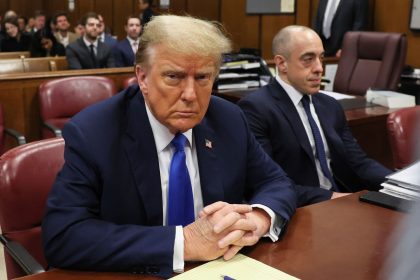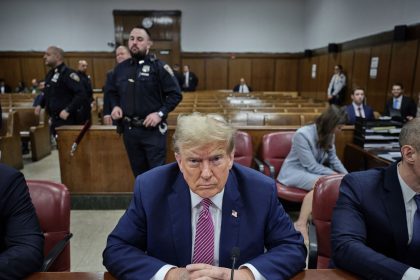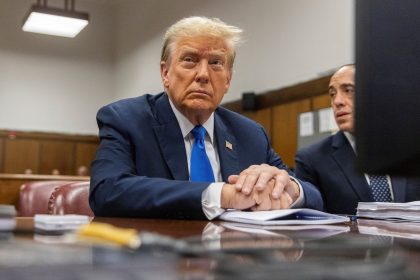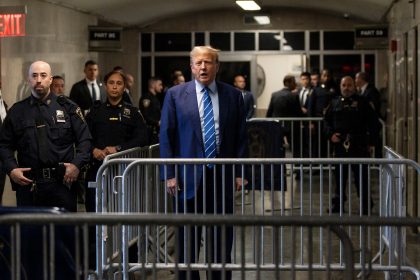Appeals Court Finds House Entitled to Grand Jury Info from Mueller Report
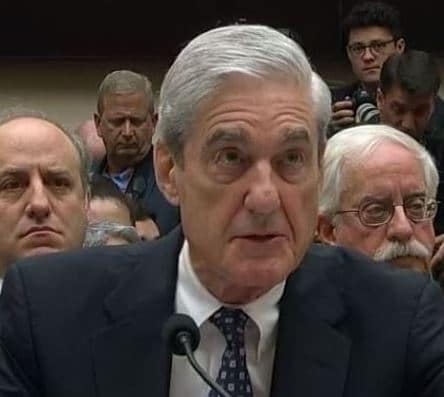
WASHINGTON – A federal appeals court ruled that Justice Department officials must release grand jury testimony, compiled by Special Counsel Robert Mueller during his probe into Russian interference in the 2020 election, to the House of Representatives.
A divided U.S. Court of Appeals for the D.C. Circuit upheld a lower court order that the Justice Department disclose to the House certain secret material from the Mueller investigation.
The decision came in response to several separation-of-powers lawsuits filed before the House vote to impeach President Donald Trump in December, and his acquittal in the Senate in February.
But it’s not the final word on the matter.
The Justice Department can request a hearing before the full panel of D.C. Circuit court judges, or it can appeal directly to the U.S. Supreme Court.
Nevertheless, House Speaker Nancy Pelosi was happy Tuesday, declaring the ruling, “an unequivocal rejection of the President’s insistence that he is above the law and his blanket refusal to cooperate with Congressional requests for information.”
“It is also another rebuke of Attorney General [WIlliam] Barr’s brazen efforts to prevent evidence of Presidential wrongdoing from being uncovered, which the Courts continue to challenge,” she said.
“This important appeals court decision upholds the House’s long-standing right to obtain grand jury information pursuant to the House’s impeachment power and makes clear that the release of grand jury information is the decision of the federal judiciary – not the Administration,” Pelosi concluded.
Writing for the majority in the 2-1 decision, U.S. Circuit Judge Judith Rogers said “it is the district court, not the Executive or the Department, that controls access to the grand jury materials issued here.
“The Department has objected to disclosure of the redacted grand jury materials, but the Department has no interest in objecting to the release of these materials outside of the general purposes and policies of grand jury secrecy, which as discussed, do not outweigh the Committee’s compelling need for disclosure,” she added.
Later, she noted, “Special Counsel Mueller prepared his report with the expectation that Congress would review it.”
U.S. Circuit Judge Thomas Griffith concurred with Rogers’ opinion. But U.S. Circuit Judge Neomi Rao, the lone Trump appointee on the panel, disagreed, maintaining Congress lacks standing to seek court orders for documents held by the executive branch.
Judge Rao also insisted the panel should have ruled the House no longer needed the materials in the wake of Trump’s impeachment and acquittal, and past justifications for exempting Congress from grand jury secrecy laws are now moot.
“A reasonable observer might wonder why we are deciding this case at this time,” Rao wrote. “After all, the Committee sought these materials preliminary to an impeachment proceeding and the Senate impeachment trial has concluded.
“Why is this controversy not moot?” she asked.


















